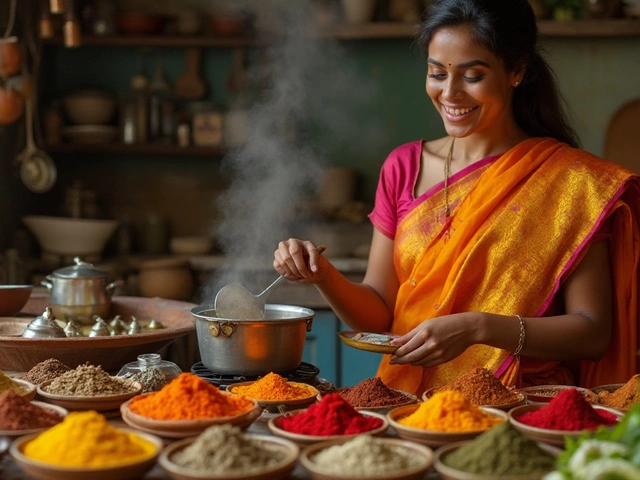Herbal Medicine Safety Guide for India
Herbal medicine feels like a natural shortcut to good health, but not every leaf, root, or powder is harmless. In India the market is flooded with Ayurvedic blends, imported extracts, and online supplements. Knowing what to look for can keep you from swapping one problem for another.
What Makes a Herb Potentially Toxic?
Most herbs are safe when used correctly, but dosage, preparation, and personal health matter. Some plants contain alkaloids that can damage the liver (think kava or senna when over‑used). Others interact with prescription drugs – for example, St. John’s wort can lower the effectiveness of blood thinners. Even popular “good” herbs like turmeric can cause stomach upset if taken in massive capsules.
How to Spot Safe Herbal Products
Start with the label. Look for a batch number, manufacturing date, and a clear list of ingredients – no vague “herbal blend” claims. In India, reputable brands will display a licence from the AYUSH Ministry and a GMP (Good Manufacturing Practice) certificate. If you can’t find either, treat the product with suspicion.
Check the source. Wild‑harvested herbs may have been contaminated with pesticides or heavy metals. Certified organic or farm‑grown sources lower that risk. When buying online, read customer reviews for signs of adverse reactions – repeated complaints about dizziness, rashes, or liver pain are red flags.
Ask your doctor or a qualified Ayurvedic practitioner before starting any new supplement, especially if you’re on medication for diabetes, blood pressure, or mental health. A quick check can prevent dangerous interactions and save you from costly hospital visits.
Pay attention to dosage instructions. Traditional texts often suggest “a pinch” or “a cup of water,” but modern capsules come with milligram specifications. Stick to the recommended amount; more isn’t always better and can push a benign herb into toxic territory.
Watch for side effects. Even a “natural” product can cause headache, nausea, or allergic reactions. If symptoms appear within a few days, stop the herb and note what you took – this helps healthcare providers pinpoint the cause.
Store herbs properly. Light, heat, and humidity degrade active compounds and can promote mold growth. Keep bottles sealed in a cool, dry place and discard anything past its expiration date.
Finally, stay informed. The Indian health ministry periodically updates safety alerts for specific herbs found to be contaminated or linked to adverse events. Subscribing to their newsletter or checking reputable health blogs keeps you ahead of any new risks.
Herbal medicine can be a powerful ally when you treat it like any other medicine – with research, caution, and professional guidance. Use these tips, and you’ll enjoy the benefits without the hidden dangers.

The Miracle Plant That Heals: Unlocking the Powers of Aloe Vera
Curious about the plant believed to heal almost everything? Dive into the everyday wonders, science, and surprising uses of aloe vera, nature's favorite green remedy.




